
Source: The Gambia Journal
OPINION
 President Jammeh on Thursday 30th November received a special envoy of President Abdoulie Wade of Senegal at State House in Banjul. The envoy, Sheikh Tidiane Gadio, who is also Senegal's Minister of Foreign Affairs, later told reporters that he had delivered a special message from the Senegalese leader. Mr. Gadio also said that it was important that two countries that are neighbors hold regular consultations. Mr. Gadio's statement was perhaps addressing the surprise he saw on the faces of reporters. The Senegalese Foreign Minister is the third special envoy to be received by President Jammeh in less than ten days. Last week, the Senegalese Justice Minister came with a "special message" just days after the Chief of Staff of the Senegalese Armed forces who also said he came carrying a special message. After meeting with the Senegalese Army Chief, Jammeh was shown on TV delivering his trade-mark tirades on the need for peace and African unity. He denied what he called malicious rumors that he was aiding and abetting the wanted Senegalese rebel leader, Salifou Sadio.
President Jammeh on Thursday 30th November received a special envoy of President Abdoulie Wade of Senegal at State House in Banjul. The envoy, Sheikh Tidiane Gadio, who is also Senegal's Minister of Foreign Affairs, later told reporters that he had delivered a special message from the Senegalese leader. Mr. Gadio also said that it was important that two countries that are neighbors hold regular consultations. Mr. Gadio's statement was perhaps addressing the surprise he saw on the faces of reporters. The Senegalese Foreign Minister is the third special envoy to be received by President Jammeh in less than ten days. Last week, the Senegalese Justice Minister came with a "special message" just days after the Chief of Staff of the Senegalese Armed forces who also said he came carrying a special message. After meeting with the Senegalese Army Chief, Jammeh was shown on TV delivering his trade-mark tirades on the need for peace and African unity. He denied what he called malicious rumors that he was aiding and abetting the wanted Senegalese rebel leader, Salifou Sadio.
In fact many observers think that is the issue lying behind the recent spate of special messages being sent from the Senegalese Capital. The authorities in Dakar strongly believe that President Jammeh is heavily involved with the secessionist rebels' activities in the Senegalese southern province of Casamance. Jammeh himself belongs to the ethnic group as the rebels across the border. Some even claim that he was born in that are of Senegal before his parents moved over to The Gambia in the sixties. The rebels who have been fighting a twenty-year war to get the province separated from Senegal, but hardliners among them say they want a Greater Kaabu federation consisting of the province, Guinea Bissau and The Gambia. Attempts by the Gambian leader to act as mediator in the crisis, in the late nineties, were rebuffed by President Wade as soon as he came into office in April 2000. A 1999 peace deal signed by a faction of the rebel MFDC, broke the movement into acrimonious factions. Earlier in February, this year, the Guinea Bissau Army succeeded in dislodging a hard-line faction from its territory. After months of fighting, Salifou Sadio, the faction's leader, was able to break free from a siege and escaped into The Gambia with about a hundred men. Since then fighting along the border has escalated driving many refugees into The Gambia. The urgent question in the mind of the suspicious Senegalese authorities is where is Salifou Sadio?
There have been lots of diverse speculations as to what happened to Mr. Sadio and his whereabouts. There have been insinuations that Salifou Sadio was smuggled out in the guise of Ivory Coast's President Bagbo's men when they departed from Banjul at the end of the Banjul AU Summit in July.
Whatever might have happened, things do not look like the way they should between the two sisterly countries. The Gambia Journal has several times raised this urgent issue that we think is not been giving the serious attention it deserves in order to maintain the peace and tranquility between the two countries. For Gambians, the tribulations of the difficult months of August and September 2005 are fresh in our minds. Let us face it, Senegal can work without The Gambia but The Gambia sure cannot. So we need to cool it down and stop engaging in adventurous schemes that are only based on sentiments and not part of our main poverty-eradicating national agenda. We have before called on the Gambia Government to develop a genuine official stand on the Casamance issue. Any such policy must separate the issues of sovereignty form those regional equality. After working out such policy we must see to it that we stand by it, come what may. Better this than a janus-faced approach that serves to run with the Senegalese authorities while hiding with their rebels.





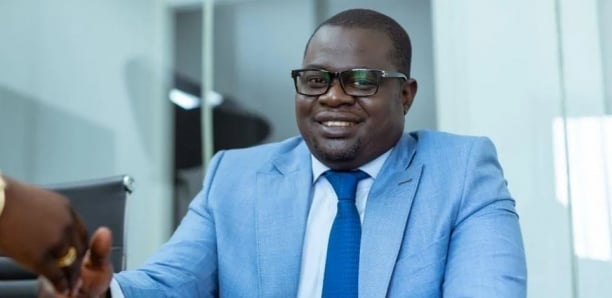




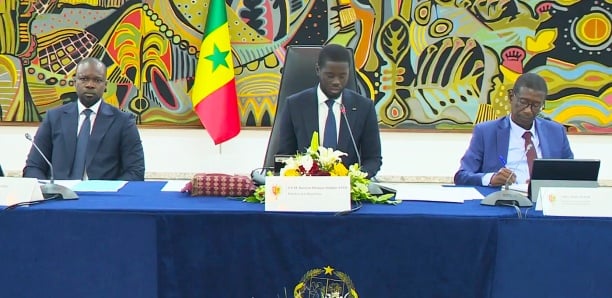
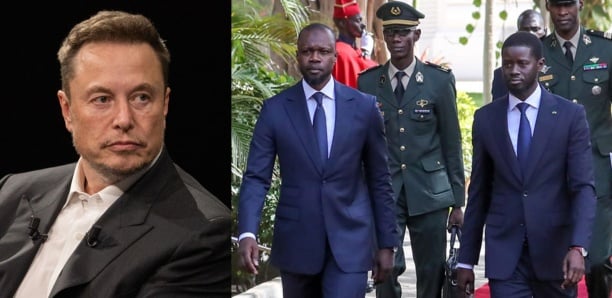
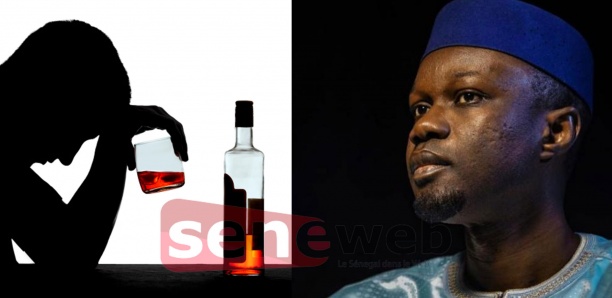


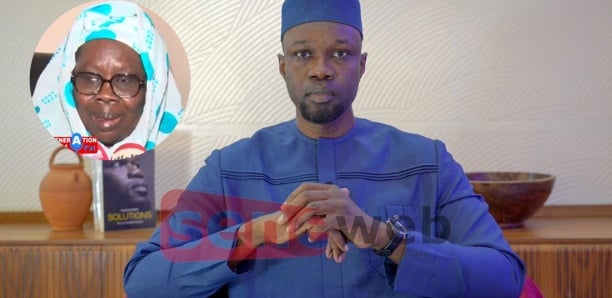



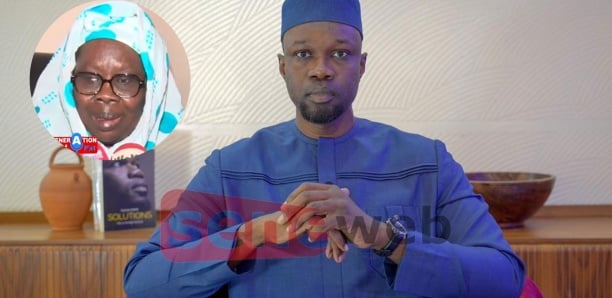

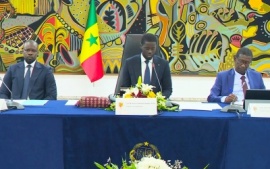
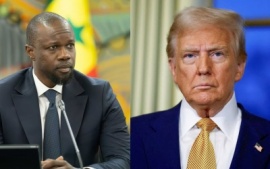
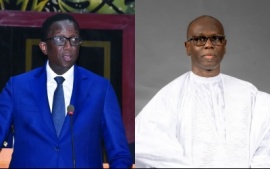
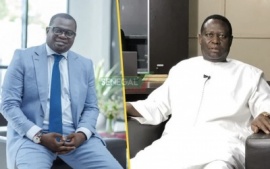
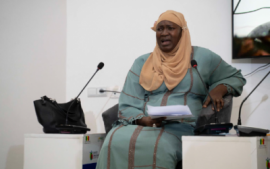
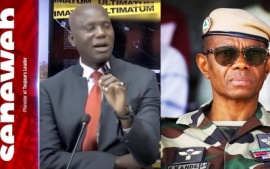
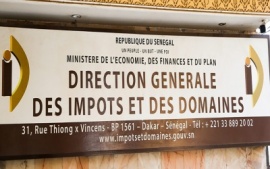
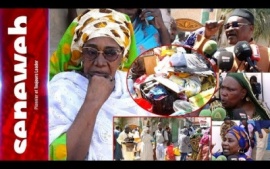
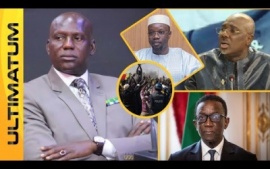

0 Commentaires
Participer à la Discussion